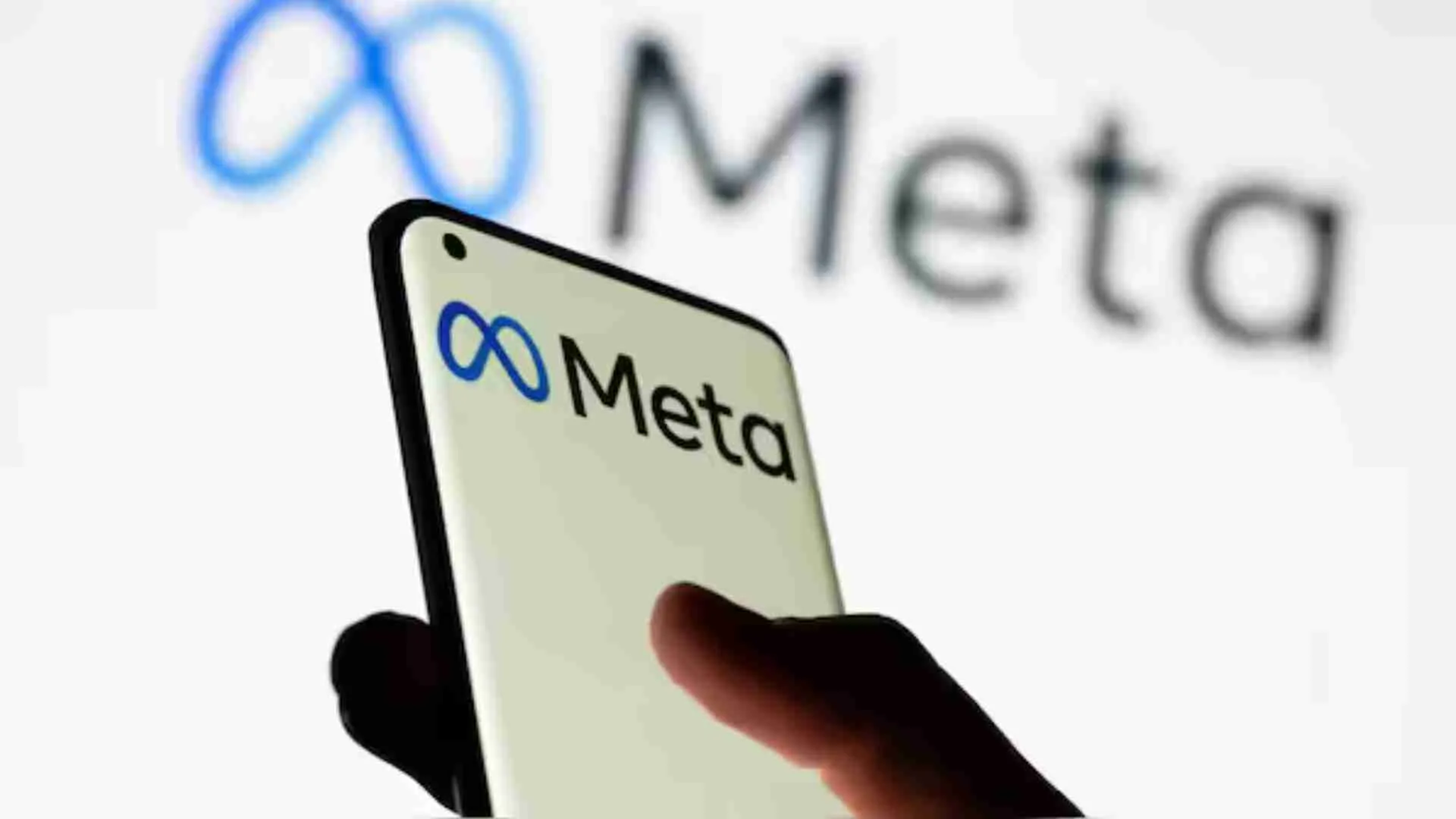Meta, the tech company behind Facebook and Instagram, is facing strong criticism after revealing plans to introduce millions of AI-driven bots on its platforms. According to a report from the Financial Times, these bots are designed to mimic real user accounts, potentially inflating the platforms’ user activity. Meta’s vice president of product for generative AI, Connor Hayes, confirmed that the bots will feature bios, profile pictures, and the ability to create and share AI-generated content.
Despite no official timeline for a full rollout, Hayes disclosed that hundreds of thousands of these AI characters already exist in a private testing phase. This move comes in response to the company’s ongoing struggle to retain active user engagement, especially as Meta faces increasing competition from other platforms.
Mixed Reactions: Concerns Over Authenticity and Advertiser Trust
The announcement has stirred strong reactions on social media, particularly on platforms like Reddit. Users have expressed concerns that the introduction of AI bots may be an attempt to mask Meta’s declining user base. Critics argue that these bots will compromise the authenticity of user interactions and create misleading engagement metrics. Such concerns are particularly troubling for advertisers, who rely on accurate data to target real customers.
On the r/futurology subreddit, users raised the ethical implications of the move. Some questioned whether advertisers would be unknowingly paying for fake engagement, while others feared the bots could clog feeds already overwhelmed by algorithms. For many, the addition of AI bots only adds to frustrations with a platform increasingly dominated by irrelevant content.
Advertising Implications: A Threat to Trust and Transparency
Meta’s reliance on advertising revenue has drawn scrutiny over the legality and transparency of its new strategy. Critics argue that promoting inflated engagement figures through AI bots could lead to misleading advertising practices. If advertisers are unknowingly paying for interactions generated by bots rather than real users, the trust that brands place in Meta’s advertising system could be severely damaged.
The ethical concerns surrounding the use of AI bots are also mounting. While some view the bots as a potential short-term solution to boost activity on Meta’s platforms, many worry that it could further alienate users who are already dissatisfied with the platform’s increasingly impersonal nature.
Meta’s Struggle to Stay Relevant Amid Declining Popularity
With a particularly noticeable dip in popularity among younger audiences, Meta’s decision to implement AI bots is seen as a desperate measure to boost engagement and maintain relevance in the social media landscape. While the company positions the bots as a tool to enhance user interaction, many believe they are merely a way to inflate activity and sustain ad revenue, even at the risk of diminishing the user experience.
This bold move may succeed in temporarily boosting numbers, but for many, it signals a troubling direction towards a more artificial and impersonal social media experience. Whether the move will ultimately help Meta maintain its place in the competitive social media sphere or drive users away is still uncertain.
The Future of Meta’s AI Strategy
As Meta moves forward with this strategy, it will likely face continued scrutiny from users, advertisers, and critics alike. While the plan to flood feeds with AI bots might deliver temporary increases in activity, the long-term impact on user loyalty and platform authenticity remains a critical question. For now, Meta’s gamble could mark a significant shift in how we experience social media, blurring the lines between genuine human interactions and artificially generated content.























